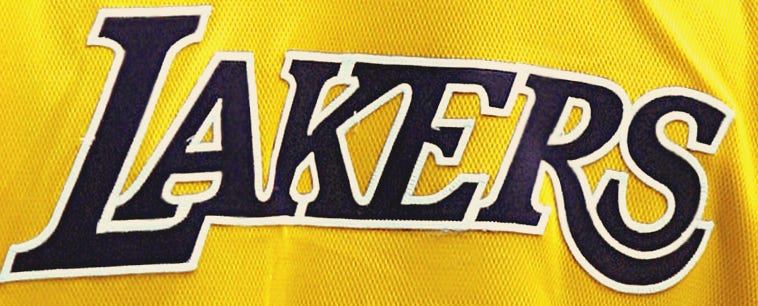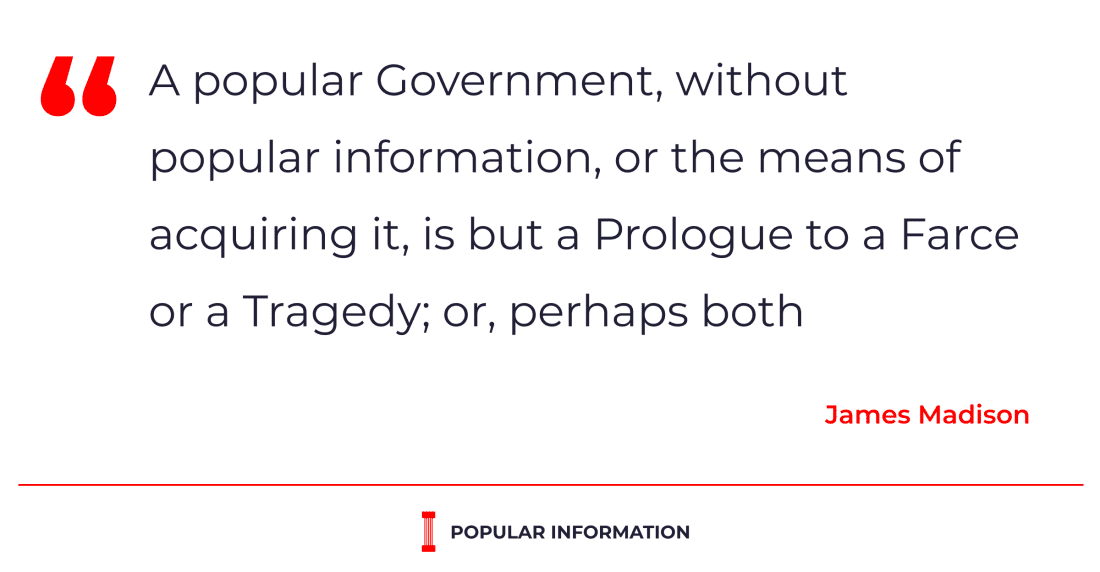LeBron James works for a small business

The Los Angeles Lakers have won 16 NBA championships and are valued at around $4 billion. The team pays its top two players, LeBron James and Anthony Davis, $37.4 million and $27 million respectively. Despite shelling out top dollar for superstars, the franchise regularly turns an annual profit in excess of $100 million.
And yet, the Lakers applied for and received a Paycheck Protection Program loan for $4.6 million — money that was intended for struggling small businesses. As news of the Lakers' cash grab spread, the team "eventually returned the money."
The fact that the Lakers were approved for a forgivable loan as a "small business" shows the problems plaguing the $660 billion Paycheck Protection Program. Both Congress and the administration failed to establish clear rules to ensure that the money would go to the small enterprises that truly need it. Banks are prioritizing their most valuable existing clients rather than the intended beneficiaries of the program. And unscrupulous business owners are grabbing for "free cash," even if they don't need it or have other options.
How pervasive are these problems? It's impossible to know. The Small Business Administration is not publishing information about who receives Paycheck Protection Program loans and has denied Freedom of Information Act requests for the data. The agency says it will make that information public sometime "in the future."
For now, what we know is limited to public companies, which are required to disclose information about loans to the SEC and companies that voluntarily release the information. Yesterday, Popular Information reported that dozens of public companies paying their CEOs $1 million or more have received Paycheck Protection Program loans.
There will be no second chances to get this right. Many small businesses are already on the brink of closure. If they are left out of the program because the money was diverted to the wealthy and connected, thousands of enterprises will close permanently.
A perverse incentive for banks
The Paycheck Protection Program technically disperses loans to businesses. But if the business spends at least 75% of the money on payroll, the government forgives the loan. So the intent is for the government to give businesses money to counteract the disruption from the pandemic, and the banks are serving as administrators of the money.
But the banks aren't serving in this role for free. For every loan a bank processes, it gets a fee. Banks get a 5% fee for loans of $350,000 or less, a 3% fee for loans between $350,000 and $2 million, and a 1% fee for loans of $2,000,000 or more.
This is supposed to be a small business program, but this structure incents banks to serve large companies. A bank can earn $2500 by processing a $50,000 loan or $50,000 by processing a $5,000,000 loan. Larger companies that pay their workers more qualify for larger loans because the amount is based on a multiple of the company's monthly payroll.
This is why Nathan's Famous Hotdogs, which sells products in 78,000 locations nationwide, got a $1.2 million loan. But Ben's Chilli Bowl, an iconic local restaurant, is still waiting in line. (Nathan's Famous Hotdogs announced Monday it would return the money.)
The fees may also explain why many banks appear willing to approve loans for large companies that were clearly not the intended beneficiaries of the program.
Aaron Klein, who worked in the Treasury Department during the Obama administration, suggested that banks should be paid a flat fee instead of a percentage of the loan to help level the playing field. Klein also suggested capping the maximum loan at $1 million, down from the current limit of $10 million. Thus far, loans over $1 million have consumed more than 44% of the available funds.
Trump donor Monty Bennett, who was paid $5.6 million last year to manage a group of luxury hotels, has been able to obtain over $96 million in Paycheck Protection Program loans by applying through dozens of subsidiaries.
Company receives emergency small business loan, then purchases competitor
How can you tell a company isn't in desperate need of cash to stay afloat? Intellinetics, an Ohio-based software company, received an $838,700 Paycheck Protection Program loan on April 15. Just six days later, it purchased a competitor, CEO Imaging Systems for $300,000.
Returned loans and missing fees
On Monday morning, Popular Information reported that 12 public companies had returned their Paycheck Protection Program loans. Over the course of the day, a few other large companies returned their loans, including sandwich chain Potbelly's ($10 million), tiny house maker Legacy Housing ($6.5 million), and the telecommunications company IDT ($10 million). In total, public companies have returned about $115 million in loans.
But the Small Business Administration says a total of $2 billion in loans have been returned. This means that hundreds of privately held companies are also returning loans.
But banks earned fees of 1% to 5% on those loans. JP Morgan Chase, for example, earned $300,000 processing $30,000,000 in loans for Ruth's Chris Steak House and Shake Shake. Both companies have returned the funds, but will the fees be returned?
It doesn't look like it. JP Morgan Chase did not respond to a request from Inc. about whether it would return the money.
Take two
After the first $349 billion was distributed, just 1.6 million of the 30 million eligible small businesses were approved for loans. The second $310 billion began to be processed on Monday.
The second round had an inauspicious start. The electronic system that the Small Business Administration uses to process loans for banks was unavailable for hours at a time. The money is expected to be gone in two to three days.
There are no advertisers or wealthy donors behind Popular Information. This publication exists because of readers like you. Support independent accountability journalism with a paid subscription.
Thanks for reading!




I could wait a ten days and read this in the NY Times or I could read about this corruption in REAL TIME. You are a pit bull, Judd. Keep growling.
Back in the 90s I used to work for what started out as a small bank but was then acquired by a large bank & eventually swallowed up by what would become Wells Fargo. They used to love saying that banks “aren’t non-profits”. Banks & bankers are some of the greediest people I have ever personally dealt with, right behind republicans